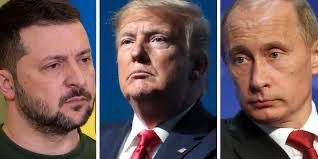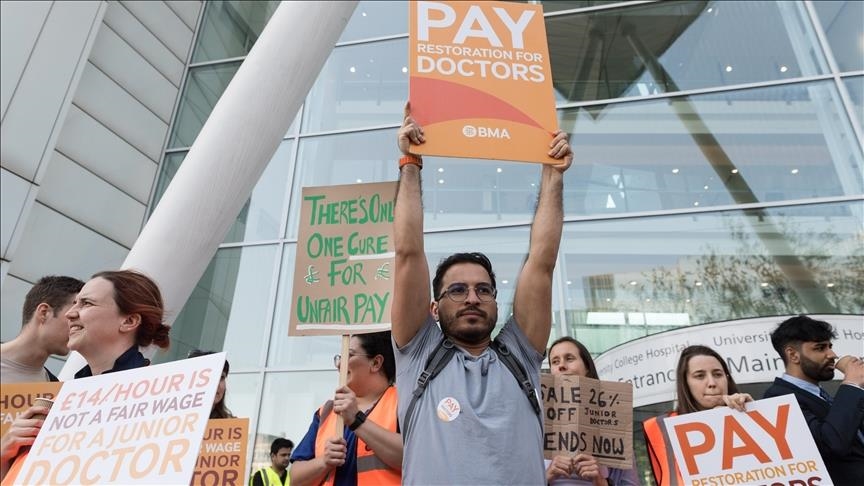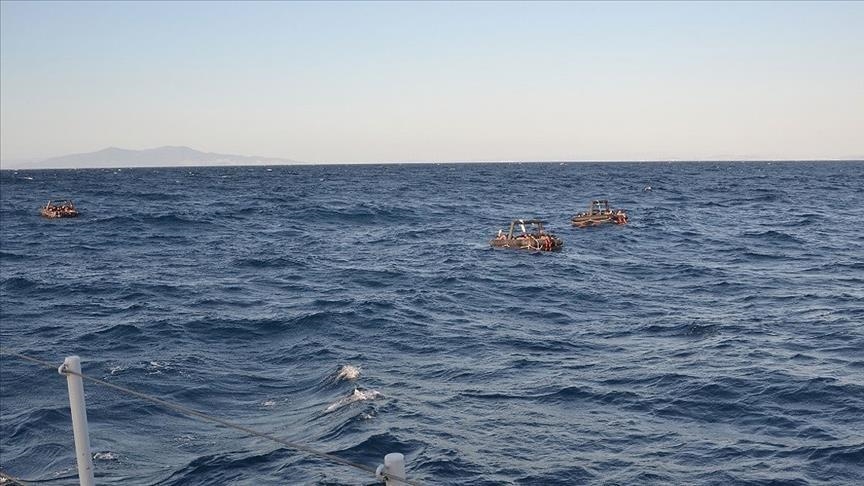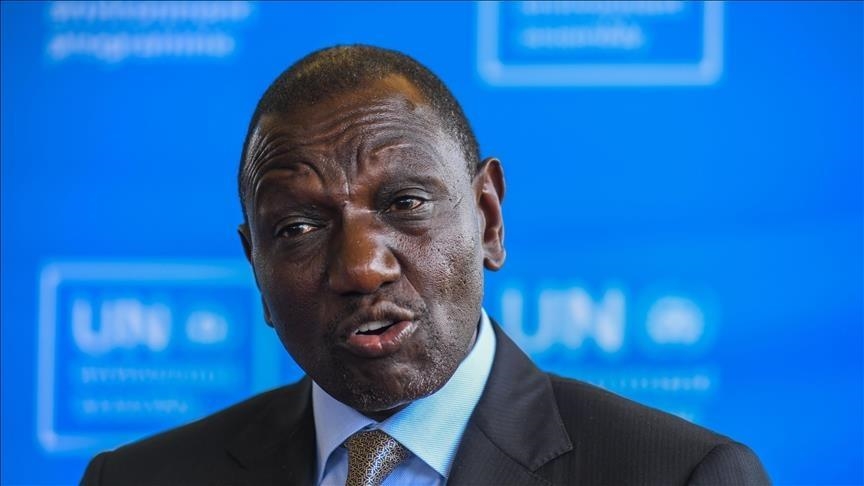Donald Trump’s recent comments blaming Volodymyr Zelensky for starting the war with Russia have sparked significant controversy. These remarks came just after a devastating Russian missile attack on the Ukrainian city of Sumy, which resulted in 35 deaths and 117 injuries. Trump claimed that both Zelensky and Russian President Vladimir Putin shared responsibility for the “millions of dead” in the Ukraine war, placing blame on them as well as U.S. President Joe Biden. Trump’s statements have been widely criticized, particularly because his claim about “millions of dead” does not align with the actual casualty figures, which, while significant, do not reach the scale he described.
The attack on Sumy, which was the deadliest Russian assault on civilians this year, has drawn widespread international outrage. Despite this, Trump continued to frame the situation as the result of the actions of three leaders: Putin, Biden, and Zelensky. His comments about Zelensky and Biden appeared to blame the leadership in Ukraine and the U.S. for exacerbating the war, despite the ongoing humanitarian crisis in Ukraine caused by Russia’s invasion.
In the days leading up to this attack, Zelensky had urged Trump to visit Ukraine before engaging in any peace talks with Russia. Zelensky argued that such a visit would help Trump better understand Ukraine’s perspective and the realities on the ground, which could guide any potential peace discussions. Trump, while signaling that he wanted to end the war, did not elaborate on specific proposals for how this would happen, but promised that he would be releasing ideas soon.
Meanwhile, Russia claimed responsibility for a missile strike targeting a gathering of Ukrainian soldiers, which it said killed 60. However, Russia did not provide evidence to back up this claim. The ongoing violence and Russian military actions continue to fuel tensions and humanitarian suffering in Ukraine.
The roots of the Ukraine-Russia conflict date back to 2014, long before the full-scale invasion in February 2022. That year, Ukraine’s pro-Russian president, Viktor Yanukovych, was ousted, leading to Russia’s annexation of Crimea and its support for separatists in eastern Ukraine. This period of unrest and fighting set the stage for the more recent and devastating conflict, with Russia launching a full-scale invasion of Ukraine in 2022.
Trump’s comments have reignited debates within the U.S. about his approach to foreign policy and the ongoing war. Some critics argue that his suggestion of blaming Zelensky and Biden reflects a misunderstanding of the complexities of the situation, while others point to the risks of engaging in direct negotiations with Putin without fully considering Ukraine’s sovereignty and the human cost of the war. Zelensky’s call for Trump to visit Ukraine underscores the importance of understanding the war from the ground level, suggesting that peace talks should involve direct engagement with Ukraine rather than unilateral decisions by external leaders.
As the conflict continues, the global community remains divided on how to best bring about a resolution, with the war showing few signs of abating in the short term. The need for diplomatic efforts and international cooperation has never been more urgent.
Madina Mammadova\\EDnews








